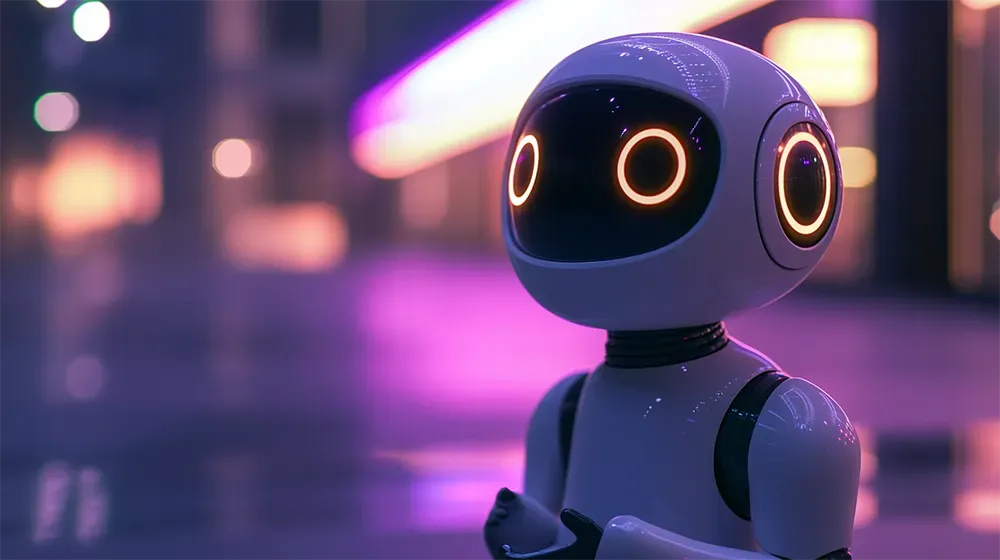Dr. AI: Google's Leap from Search Bars to Stethoscopes

In an era where your smartphone is almost smart enough to diagnose your sniffles, Google's DeepMind dives into the medical realm with AMIE (Articulate Medical Intelligence Explorer), aiming to bridge the gap between data-rich medical texts and the nuanced human experience of healthcare.
While AMIE is not here to don the white coat and usurp the venerable physician, it aims to serve as a competent assistant, offering interpretations and second opinions that might just save you a trip to WebMD.
Imagine, if you will, a future where your AI assistant can decipher the hieroglyphics of your medical reports or offer a translation of your specialist's jargon that doesn't require a medical degree to understand. AMIE, fed a steady diet of nearly 100,000 physician-patient dialogues and an array of medical texts, aspires to such heights, learning through innovative self-play loops that simulate patient interactions and refine its diagnostic prowess.
But let's not hand over the healthcare keys just yet. The charm of human touch in medicine remains unparalleled, as AMIE itself demonstrates—its algorithmic brain may process countless cases in moments, but can it replicate the empathy of a seasoned doctor or the intuitive leap of a clinical veteran? The trials, intriguingly, suggest that AMIE could rival human doctors in diagnostic accuracy, albeit in the somewhat sterile environment of text-based consultations.
As we peek into this AI-infused medical future, the pertinent question arises: Will AMIE complement the healing hands of our medical professionals, or will it become an impersonal, albeit efficient, diagnostic machine? And, more intriguingly, how will the medical education and practice evolve to embrace such AI counterparts without losing the human essence at the heart of healthcare?
Read the full article on IEEE Spectrum.
----
💡 We're entering a world where intelligence is synthetic, reality is augmented, and the rules are being rewritten in front of our eyes.
Staying up-to-date in a fast-changing world is vital. That is why I have launched Futurwise; a personalized AI platform that transforms information chaos into strategic clarity. With one click, users can bookmark and summarize any article, report, or video in seconds, tailored to their tone, interests, and language. Visit Futurwise.com to get started for free!






